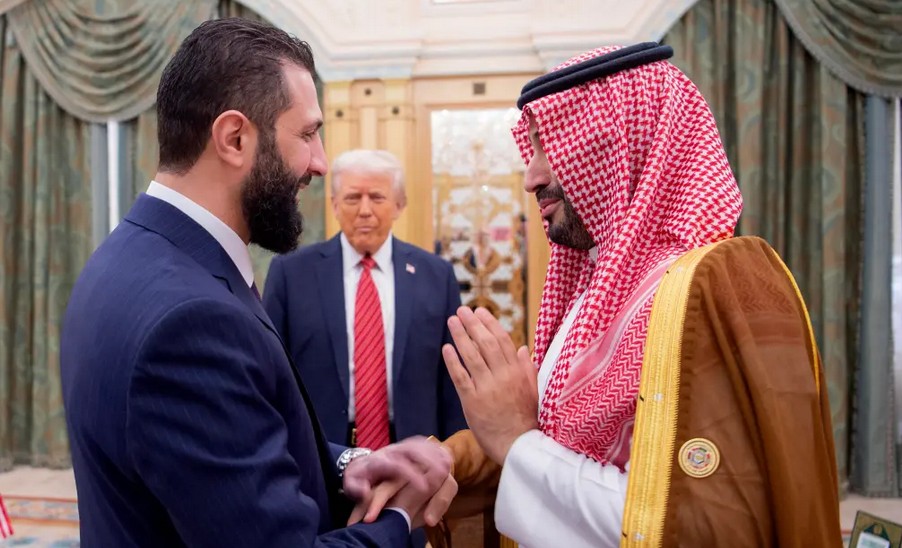Engineered Transition Rather Than Revolution
The December 2024 regime change in Syria, which saw Bashar al-Assad flee to Russia and Ahmed al-Shara's Hayat Tahrir al-Sham (HTS) forces take control, surprised many with its speed and relatively bloodless nature. What initially appeared as a sudden collapse now emerges as a meticulously planned and carefully orchestrated transition, years in the making.
According to reports cited by Independent Arabia, the operation was coordinated through a network of diplomatic and intelligence channels for over two years. Key architects included the London-based mediation organization Inter Mediate, former US Ambassador to Damascus Robert Ford, and Britain's national security advisor Jonathan Powell, working alongside Saudi intelligence and American-Israeli security interests.
Powell, known for his role in the Northern Ireland peace process, reportedly conducted backdoor diplomacy with various Syrian actors for five years. His formal appointment as Britain's national security advisor just days before Assad's fall suggests the UK's deep involvement in the transition's final stages.
Saudi Arabia's Pivotal Role in the Syrian Regime Change
Al-Shara's decision to make Saudi Arabia his first foreign visit—even before Turkey—signals Riyadh's central role in legitimizing the new Syrian government. With Syria requiring an estimated $700 billion for reconstruction, Gulf financing has become indispensable to the country's future.
The strategy, reportedly initiated during President Biden's administration and matured under Trump, has seen sanctions gradually eased to allow Gulf investments into Syria. Energy, infrastructure, and banking agreements between Riyadh and Damascus were quickly implemented, with Trump's recent comments during his Riyadh visit—"We gave the Crown Prince everything he asked for"—underscoring Saudi Arabia's new status as Syria's patron.
Turkey's Complicated Position
Despite being the country most affected by Syria's prolonged crisis, Turkey now finds itself in a challenging position. While maintaining significant influence on the ground, Ankara shares diplomatic leverage with other regional powers.
Concerns remain over the status of Kurdish-controlled territories, water rights regarding the Euphrates, and unresolved border issues. Israel's continued military operations in Syrian airspace without opposition from the new regime present further complications for Turkish strategic interests.
The New Syrian Strategy
The al-Shara regime is pursuing a four-pronged foreign policy: normalizing relations with Western powers to lift sanctions, maintaining pragmatic cooperation with Turkey, deepening economic ties with Gulf states, and establishing sustainable coexistence parameters with Israel.
While Russia hasn't been completely sidelined, Iran has been effectively marginalized, with Tehran-backed proxies neutralized throughout the region—leading to speculation that Iran itself may be the next target in this realignment of regional power.
This transition represents not just a change in leadership but a fundamental restructuring of alliances and power dynamics in the Middle East, with profound implications for regional stability in the coming decades, potentially altering the geopolitical landscape of the region.
Photo: Yetkin Report
